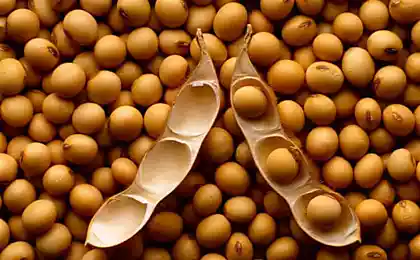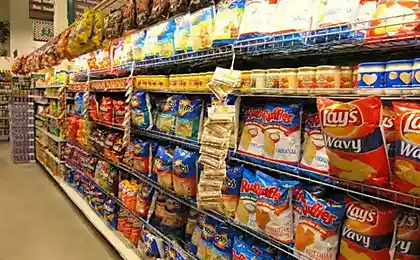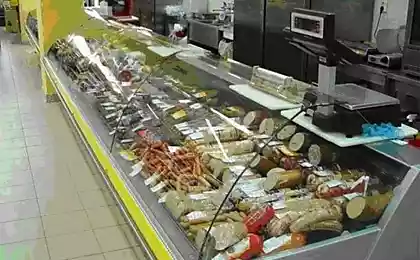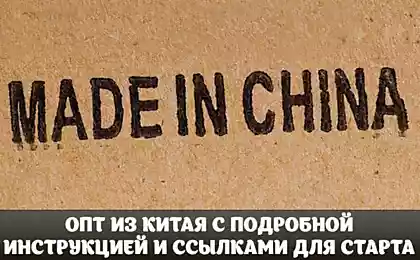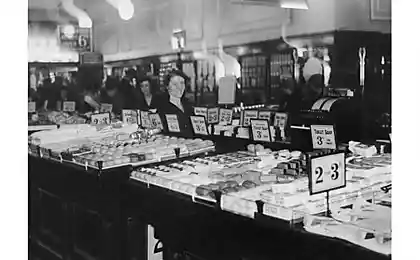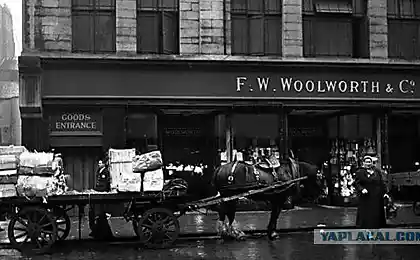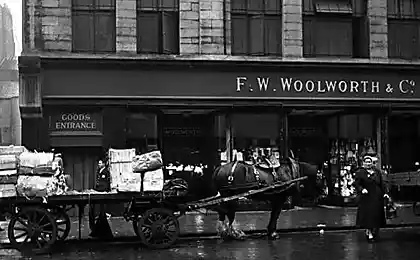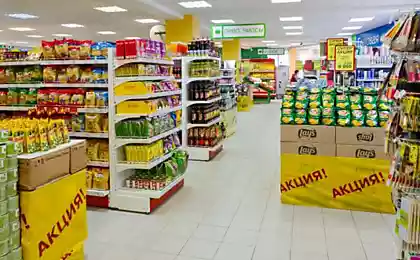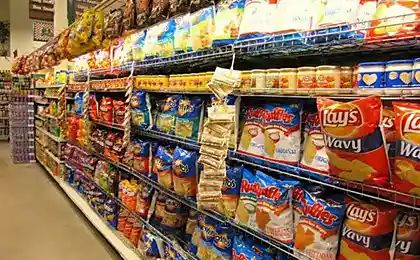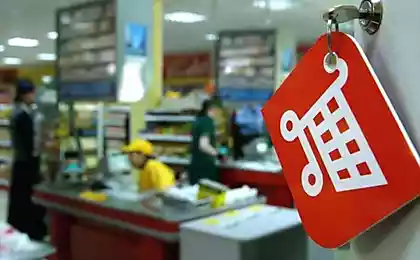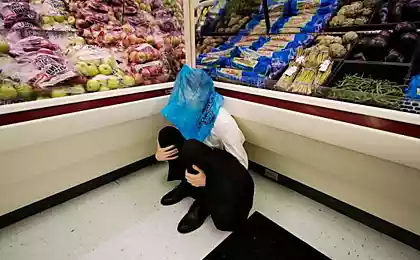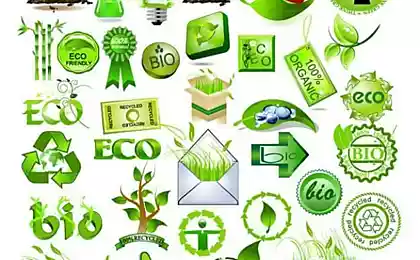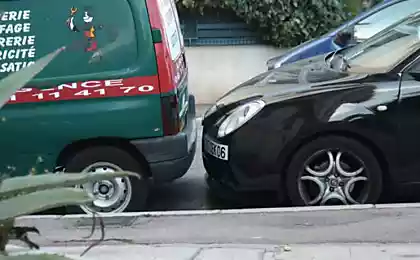451
Products in France, provide with labels indicating any harm to the environment

In the North of France conducted an experiment, in which all the products in the stores E. Leclerc will be labeled with an indication of the amount of greenhouse gases is released over its life cycle — from raw material extraction to recycling, according to the French newspaper Monde.
As the newspaper notes, the experiment, which is conducted jointly with the Agency for environmental protection and rational use of energy (ADEME) is a transitional stage: label indicating the environmental damage will be required. In particular, a kilogram of honey in a glass pot is "worth" 1.2 kg of carbon dioxide, and in a plastic pot already 0,83 kg.
A kilo of apples imported from China, costs about 0.92 kg of carbon dioxide, while a kilogram of French apples "Gol'den", "highlights" of 0.24 kg of greenhouse gas. Thus, on the labels of almost 20 thousand food products in the stores indicated the amount of greenhouse gas emitted during the cycle of their existence.
At the entrance to the supermarket stand, informing customers about this experiment. Customers are offered a brochure, "I save my planet", with which they can compare the volumes of carbon dioxide, which is produced as a result of his purchase, with the amount "allocated" the average shopping cart or purchases a similar part of the family.
However, the determination of the amount of carbon dioxide released during the production and transportation of products, sometimes associated with great difficulties, as some products production chain is very complex.
"Today, I can't say whether increasing our tomatoes imported from Belgium, in greenhouse or in open ground. If they are grown in the greenhouse, even though we are close to each other, the emission of carbon dioxide in the end it will probably be more significant than if these tomatoes transported from Spain by truck," notes Tom Pochet (Thomas Pocher), Director of two of the stores E. Leclerc.
It is much easier to calculate that one casserole in Lorraine (pie "quiche Lorraine"), made at home, weighs 30% less CO2 than the same casserole, lying on the shelves in the store. Or that pear, imported from South America, through the transport emits three times more carbon than the pear grown in France.
An experiment on implementation of environmental labels cost about 300 thousand euros and was 50% financed by ADEME and local authorities. "We have reduced the remaining amount by reducing the volume of our advertising avenues," said Poche. We distributed 500 pounds a day from the point of view of CO2 emissions, nothing to boast about".
Source: ecowars.tv/
The Peoples ' Friendship University turns green due to new waste collection system
We will soon see electric cars as the main form of transport?

